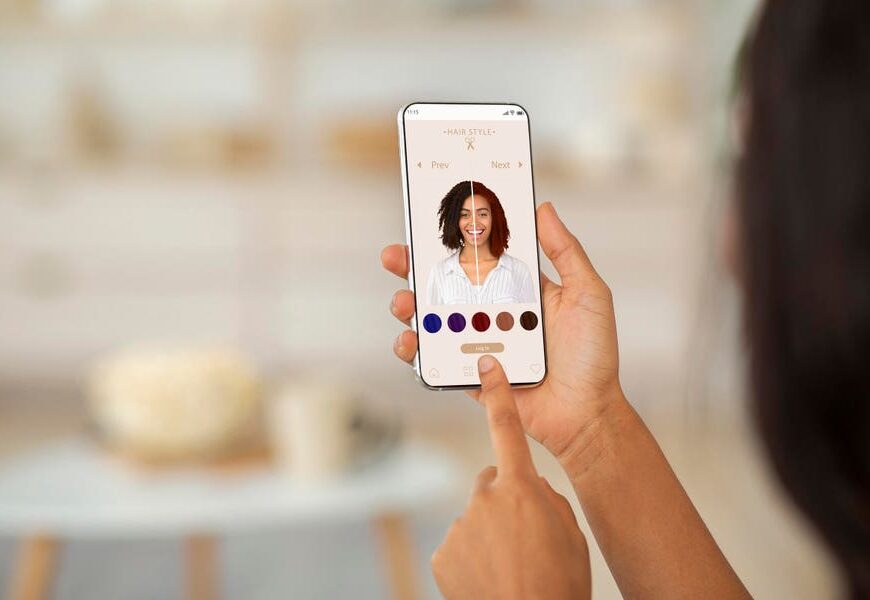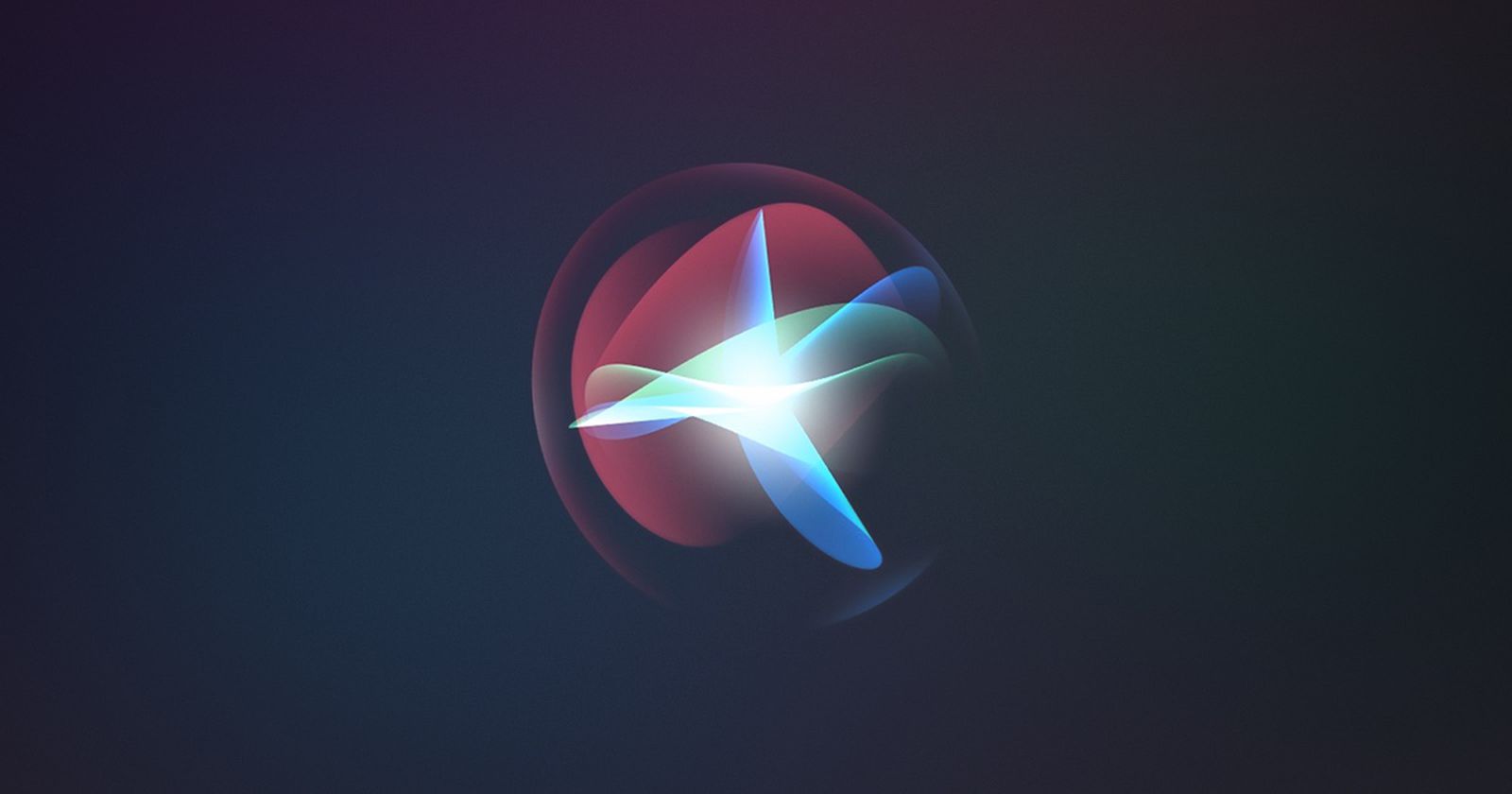In recent times, the beauty sector has experienced a notable evolution, largely due to the incorporation of Augmented Reality (AR) and Artificial Intelligence (AI) technologies. These pioneering advancements have not only transformed consumer interactions with beauty products but have also revolutionized how brands promote their offerings.
A significant proportion of Snapchat users, amounting to ninety-three percent, have indicated a keen interest in utilizing AR for shopping purposes. The utilization of AI and AR has ushered in a new era of possibilities, ranging from virtual try-on experiences to personalized skincare recommendations, thereby revolutionizing the beauty industry in remarkable ways.
Statistics on Virtual Try-Ons
One of the most remarkable progressions facilitated by AI and AR in the beauty domain is the introduction of digital try-on experiences. Through the utilization of AI-powered online try-on tools, customers now have the ability to experiment with different makeup products without physically visiting a store. Whether it pertains to lipstick shades, palettes, or foundation, consumers can visualize how the products appear on them without the need for physical application. This empowers them to explore various shades and styles before committing to a purchase.
Traditionally, consumers would visit physical stores to test out diverse makeup items before making a purchase. However, with the advent of AR-powered online try-on tools, individuals can now engage in cosmetic experimentation from the comfort of their homes. Wayne Liu, a founding member of Perfect, a company specializing in AI and AR technology for the beauty and fashion sectors, emphasizes that virtual try-ons stimulate creativity among customers, enabling them to experiment with new beauty trends and fostering a sense of empowerment and confidence.
Shade Matching
Selecting the perfect foundation shade has long been a daunting task for many. AI technology comes to the rescue by accurately matching skin tones. By considering factors such as skin tone, texture, and lighting conditions, AI algorithms ensure that virtual makeup seamlessly blends with the user’s natural features, offering an authentic representation of the final appearance.
According to Liu, the integration of AI empowers beauty brands to provide an extensive range of shades catering to diverse skin tones, facilitating customers in finding their ideal match effortlessly. This streamlined process enhances the efficiency of discovering the perfect foundation on the initial attempt.
Analysis of Skincare
AI-driven beauty platforms are transforming skincare routines by evaluating users’ skin conditions and delivering personalized product recommendations tailored to their specific requirements, in conjunction with virtual try-on experiences. Through the analysis of skin type, concerns, and environmental influences, AI algorithms identify the most suitable skincare products and regimens for each individual, aiding them in achieving optimal outcomes.
Furthermore, AI-powered skincare platforms monitor users’ progress over time, enabling continuous refinement of their routines. Liu highlights that by scrutinizing data related to factors such as skin type, beauty objectives, enhancements in skin health, and product effectiveness, brands can offer personalized product recommendations, curate content, and provide targeted promotions to enhance results significantly. This personalized skincare approach not only boosts the efficacy of beauty products but also cultivates stronger brand loyalty among consumers. Toto Haba, Senior Vice President of Marketing and Communications at Benefit Cosmetics, asserts that this level of personalization allows beauty companies to tailor their recommendations to an unprecedented extent.
Multi-Channel Communication
In addition to virtual try-on experiences and skincare suggestions, AI and AR technologies are reshaping how beauty brands interact with consumers. Users can experiment with diverse makeup looks and share their creations with friends and followers on social media platforms and mobile applications using AR filters.
These interactive encounters promote user engagement and serve as potent marketing instruments for beauty brands, enabling them to showcase their products in an entertaining and engaging manner. Notably, a Gartner survey predicts that by 2025, over 70% of beauty brands will leverage AI for product development, reflecting the increasing preference for AI-powered recommendations among consumers.
The convergence of AI and AR technologies is driving a paradigm shift in the beauty industry by offering innovative solutions to enhance user experiences. These advancements are reshaping global consumer interactions with virtual try-on experiences, personalized skincare guidance, interactive social media filters, and AI-driven virtual assistants.









